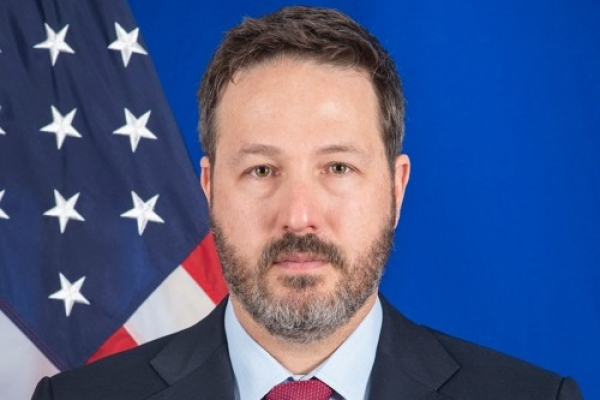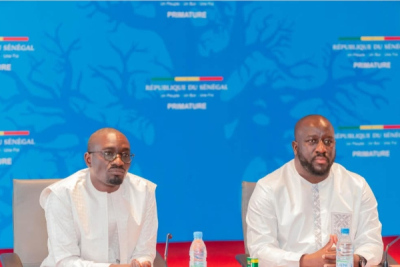Artificial intelligence (AI) is rapidly becoming an integral tool across diverse domains, including the military. Military forces are actively exploring and implementing AI solutions to enhance their capabilities and operational effectiveness in various areas.
The United States commits to supporting Nigeria's use of artificial intelligence (AI) in the fight against terrorism within its borders. The support was announced during a press conference held in Abuja, Nigeria, on December 7th by Paul Dean, Principal Deputy Assistant Secretary of the US Office of Arms Control, Deterrence and Stability.
"We want to encourage the positive applications of artificial intelligence in the military. This initiative we launched with our partners just last month is centered around achieving just that: maximizing the tremendous value of artificial intelligence in military applications [While] at the same time, ensuring the international community has coalesced around a series of norms of responsible behavior to make sure that we are reducing the risk of unintended consequences or negative applications," said Paul Dean.
This US commitment comes at a critical juncture for the Nigerian military. Recent criticisms have arisen following a drone strike in Kaduna State that resulted in the deaths of approximately 100 civilians. While acknowledging the need for safeguards surrounding AI deployment in the military sector, the US views itself as a crucial ally for Nigeria in its counter-terrorism efforts. To this end, it is essential to support the use of AI, which could have prevented the obvious error in the Kaduna State tragedy. In the north of the country, Abuja has been facing several terrorist groups, particularly Boko Haram, for many years.
"...We are convinced that when states commit themselves to using this technology in a predictable, transparent, stable, and responsible way, the international community will be in the position of maximizing the advantages while reducing the risks of an irresponsible approach," the U.S. official added.
Adoni Conrad Quenum



















